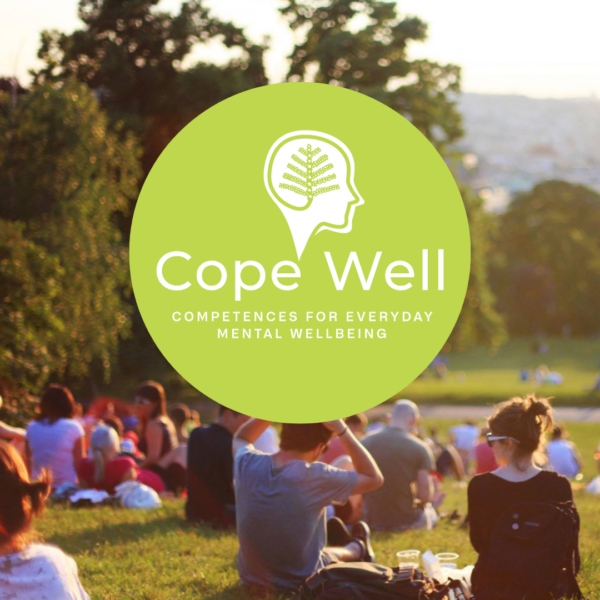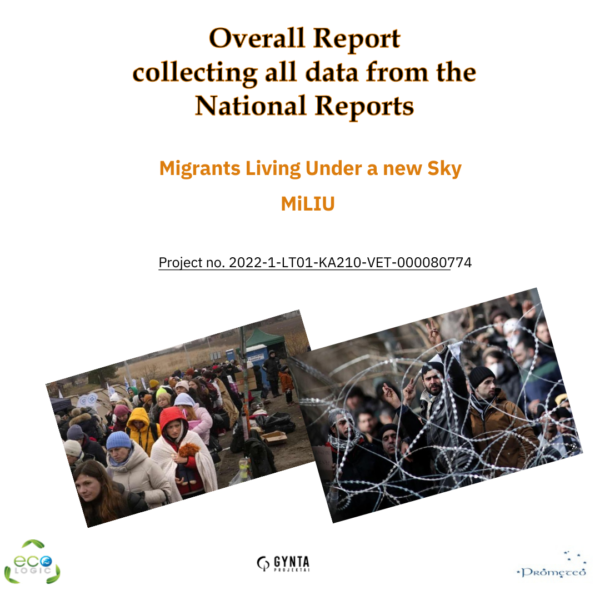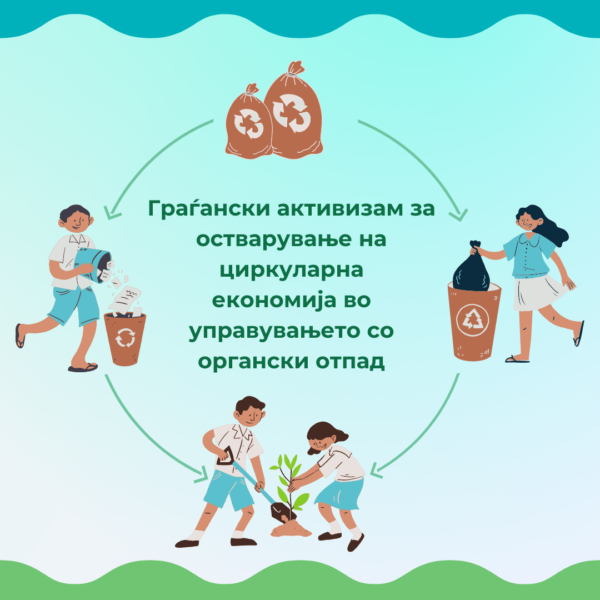f.EU.ture LAs
– CVET programme for the next generation of European Local Administrators
- Project bio
- Title: f.EU.ture LAs – CVET programme for the next generation of European Local Administrators
- Acronym: f.EU.ture LAs
- Start date: 31/12/2022
- Duration: 18 months
- End date: 30/06/2024
- ID:
- Number:
- Coordinator of the project:
The Apartment Aps, Italy
- Partners
- European Institute for Local Development (GR)
- Anci Lazio – Associazione Nazionale Comuni Italiani (IT)
- Eco Logic (MKD)
- Context/Background да се стави следниот текст:
- Rural areas make up 80% of EU territory, are home to 57% of the population, account for 46% of GDP (PE2018/2720RSP), but are facing crucial challenges, which undermine their development: digital divide, scarce supply of training, socio economic exclusion, lack of public transport, “brain drain” (Eurostat,2017).
- Digital technologies are essential to make rural communities more attractive, connected, sustainable, to reduce remoteness issues while improving access to public services.
- However, the digital performance of Europe proposed by the DESI index (2021) shows that some countries have a long way to go to be able to compete on the global stage, referring to strategic areas such as “human capital” and “digital public services” (Greece and Italy are well below the EU-27 average). This is even more worrying if we consider that the average age of the staff employed in small municipalities is over 50 in the EU (with peaks in IT, aged 52+) and that in rural areas this figure is even more alarming, due to low turnover. In North Macedonia, in addition to digital skills, soft skills are lacking, making public employees scarcely qualified in general.
- All this affects the quality of public services (ARAN, 2020), with particular regard to those provided at the local level.
- Objectives
The project will promote new skills and competences among the employees of small European municipalities, driving the “smart” transformation of work models, leveraging on the potential of digital, green and transversal skills..
- Activities and results
The project will produce:
- 1) A collection of virtuous tools and approaches aimed at promoting an effective reorganisation of working models in “smart” (or agile) mode.
- 2) Transnational co-creative workshop involving the staff of the partner-organizations.
- 3) Ad-hoc podcast with learning episodes accompanied by in-depth factsheets on topics such as: the relationship between work organization and environmental impact; adoption of more environmentally friendly professional behaviours; tips for safe agile working; reduction of travel costs, i.e. work-life balance and reduction of CO2 emissions; agile working as a lever for digital transformation, the development of knowledge and the elimination of gender differences; people strategy: building trust between workers and management.
- Impact
Small, rural municipalities and staff empowered for future digitalization and “smart” working





